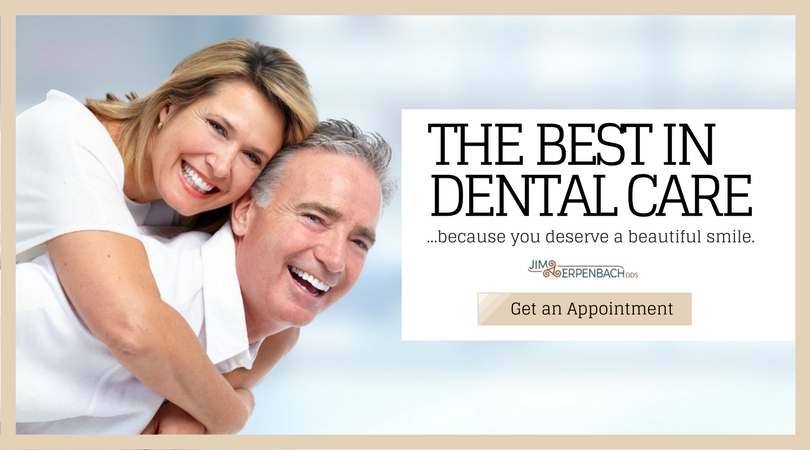The debate over electric toothbrushes has been a continual topic in our practice for years. Some patients swear by them, while others say they’ll never give up their standard toothbrushes.
The truth is both brushes have their flaws.
Electric toothbrushes can be really great, even better than regular toothbrushes, at reducing gum disease and removing plaque.
Unfortunately, though power toothbrushes can also have the potential to damage teeth.
Dentin Wear and Tear
A team ofÂ?researchers examinedÂ?this issue with four types of toothbrushes:
- a rotating-oscillating power toothbrush
- a side-to-side sonic power toothbrush
- and two manual ones.
The researchers discovered the amount of dentin abrasion was greatest with the power toothbrushes when used with abrasive tooth-whitening toothpaste.
Researchers say the mechanical interaction between a power toothbrush, toothpaste, and tooth can cause lesions in a tooth’s dentin — or center of the tooth. While frictional forces are increased by small particles in toothpaste, researchers say the abrasivity could be less severe depending on the type of toothbrush used, and the force applied by the person brushing.
Should You Toss Your Power Toothbrush?
Maybe.
If you have dexterity problems, or need some fun motivation to brush your teeth – then perhaps electric or sonic toothbrushes may be good choice for you for the short term. Otherwise, I recommend sticking with standard – inexpensive – toothbrushes with soft bristles that are gentler on teeth and gums.
No matter which toothbrush you choose, aim to brush� twice a day – morning and night – for at least two minutes each time. And always supplement tooth brushing with flossing and bi-annual dental hygiene cleanings!


